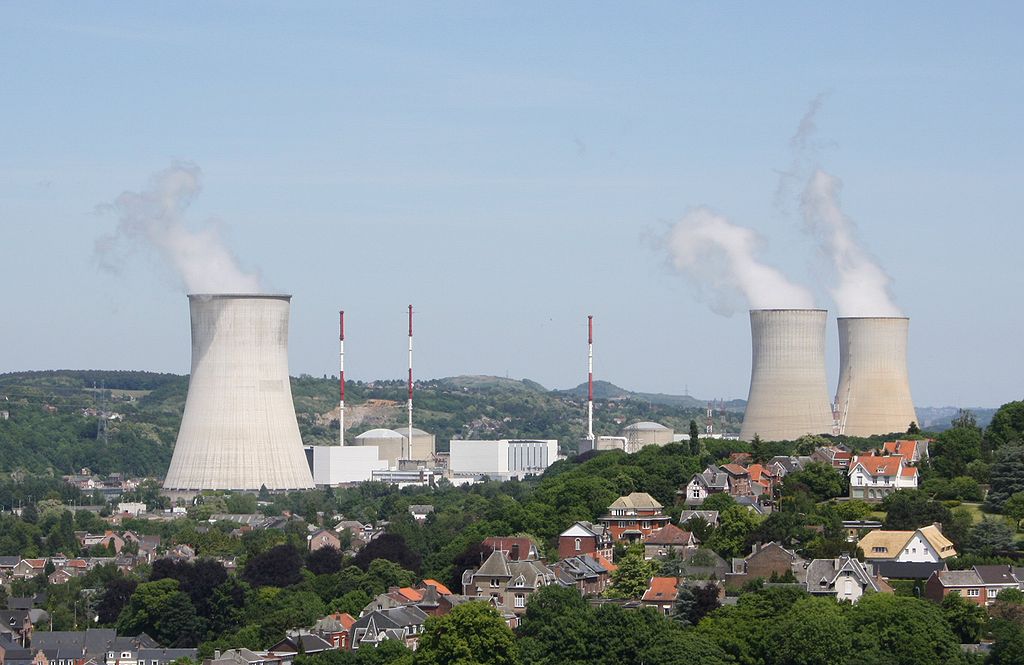The government of Belgium approved the decision to extend the life of two of its nuclear power reactors, which were originally set to be shut down in 2025. The decision comes after record-high energy prices amid the Russian invasion of Ukraine.
—
In a surprising move, on March 19, Belgium’s Prime Minister Alexandre De Croo announced in a statement that it would postpone its nuclear phase-out by 10 years in light of the Russia-Ukraine war. Belgium currently has two active nuclear plants, the Doel Nuclear Power Station and the Tihange nuclear power station, both of which were set to be shut down completely in 2025. But the record soar in energy prices sparked by the ongoing conflict in Ukraine has led to the decision to postpone the phase-out date of two of its seven reactors, Doel 3 and Tihange 2, to 2035. The decision was made to allow the European country to “strengthen its independence of fossil fuels”, which currently imports more than 80% of its energy. The government also announced an investment of 1.1 billion euros (USD$ 1.2 billion) in renewable energy to ensure the transition to climate neutrality, which the country has pledged to reach by 2050.
Belgium’s first nuclear plant began operating in 1974 and for the past five decades, its seven reactors have been responsible for generating nearly half of Belgium’s energy. In 2012, the two nuclear power reactors under scrutiny today, Tihange 2 and Doel 3, were the subject of massive protests as experts found thousands of hairline cracks in the reactor pressure vessels. The anomalies, discovered by Electrabel, the owner-operator of Belgian nuclear plants, prompted the precautionary closure of the reactors in March 2014. They were reopened more than a year later after inspections and thorough investigation of the plants was carried out.
You might also like: The Russia-Ukraine Crisis May Speed Up Green Energy Transition, Experts Say
The war in Ukraine has triggered an energy security dilemma in Europe and skyrocketing energy prices have prompted calls for delaying the nuclear phaseout not only in Belgium but also in Germany, which sees nearly one-quarter of its electricity coming from nuclear energy. Its last two active reactors are set to close in 2022. Many see nuclear energy as a potential solution to Europe’s large dependency on Russian fossil fuels. In 2019, the bloc imported more than 60% of its energy from Russia. However, critics argue that it would take too long for a transition to nuclear power to have an impact in the near future and that it would be better to focus on renewable energy.
Featured image: Wikimedia Commons


















